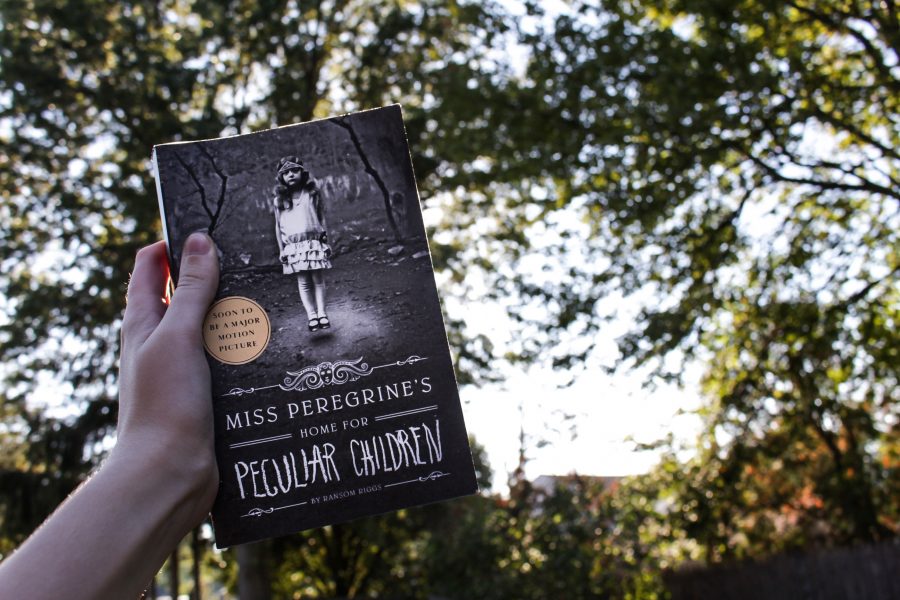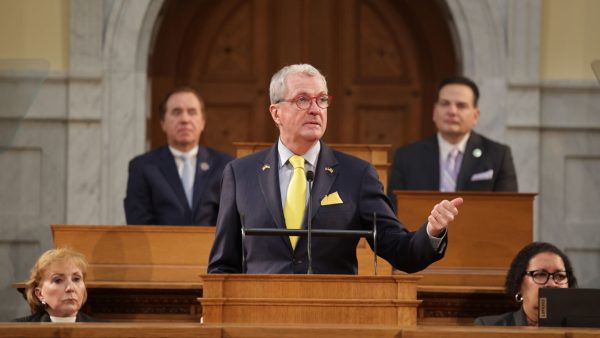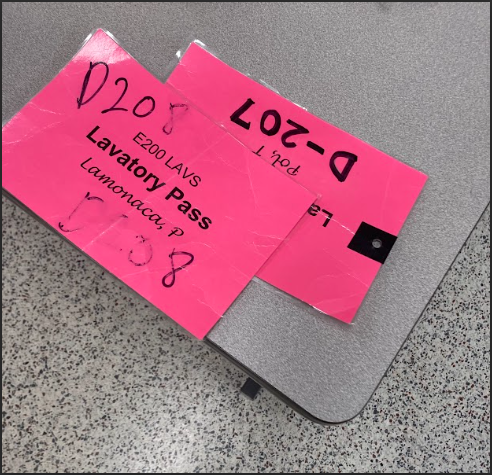Is One Book One School Working?
Although established rather recently, the One Book One School program has become a mainstay in the district, across all grade levels and classes, to an oftentimes mixed reception among students. However, the pressing issue about the program is not whether students enjoy it; rather, it is whether the program is achieving its desired purpose of creating a meaningful and substantive literary experience for students, and whether the program aids in the English curriculum across all levels of study. It is in these crucial areas that the program fails, thanks to the inconsistency in the literary value of the books chosen, and the lack of incentive for a student to read the required book.
Since the inception of the program, a large variety of books have been chosen spanning a wide spectrum of genres, including the romance novel A Fault in Our Stars by John Green, the memoir Basketball Junkie, authored by Chris Herren and Bill Reynolds, and, most recently, the fantasy novel Miss Peregrine’s Home for Peculiar Children by Ransom Riggs. While this variety does make for a different literary experience each year, it also leads to a glaring inconsistency in the quality and literary value of the books, with some, like A Fault in Our Stars, being littered with literary substance and others, like Basketball Junkie and Miss Peregrine, that contain far less substantive qualities. Or, as junior student Alex Shamet puts it, “[The books] do not leave enough room for discussion in the classroom,” whereas other choices, based on the reading levels of the students in the individual classes, would be more conducive to such literary debate. As it is this type of debate that partially provides the educational value in the program, it can therefore be seen that One Book One School is failing to provide a meaningful experience and a substantive aid to students.
But an even larger concern may be that, for many students, there simply is no incentive to read the work, depriving students of the educational experience of doing so. Indeed, students across all grade and course levels, when faced with the choice of watching the film version of a piece like Basketball Junkie or Unbroken, the One Book One School choice from the ‘15-’16 school year, large quantities of students choose the former, and never so much as pick up the book. This, aside from saving them the time and effort of reading, proves to put these students at no significant disadvantage on any assessment, depending on the class and instructor, and thereby eliminates the incentive to read the novel entirely. Additionally, many students, regardless of whether or not an alternate form of the work is available, do not feel an incentive to read the literature simply out of lack of interest in the piece, while still others, like junior Shaun Tencer, see the book as little more than “busy work” to keep students “academically…active” over the prolonged break. In any case, the program fails to place adequate incentives for students of all grade and class levels to read the novel, limiting the educational value of it significantly.
So what, if any, modifications can be made to the school’s summer reading program to address the One Book One School program’s current failings? One suggestion, according to junior Andrew Thompson, would be to allow students to “[pick] the option[s] for the book[s],” an increase in the minor role a select few students who serve on the selection committee currently occupy. Such an increased input would undoubtedly incentivize more students to pick up the book, increasing its educational value. Other students, like junior Taha Rana, claim that “each level should have [its] own different book,” opening the door for meaningful classroom discussion across all grade and reading levels. Regardless, it is clear that the One Book One School System is failing in its current objective of providing equal educational value to all students. Furthermore, it is clear that simple changes, such as those suggested by current students above, are needed in order to preserve the value of the summer reading program in all English classrooms.












